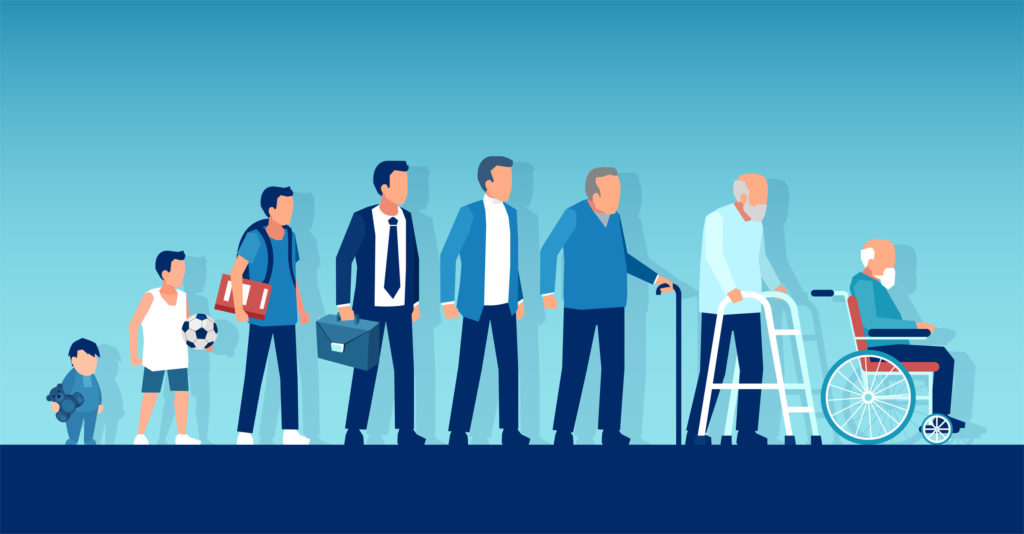Many people think of autism spectrum disorder (ASD) as a disorder of childhood, but it’s actually a lifelong condition. It’s important to know, however, that while early childhood intervention can be extremely helpful, ongoing support is necessary to help people with ASD thrive throughout their lives. Like all people, people with ASD go through many significant changes in their lives. For a high quality of life, people with ASD need a firm foundation in childhood, but also ongoing support that meets their needs.
In early childhood, identification is important. Children can demonstrate behaviors associated with ASD as young as 18 months old, and if parents are paying attention to these symptoms, they can get an early diagnosis. Early diagnosis allows parents, therapists, and other specialists to start treatments early, which can reduce lifetime care costs by about two-thirds.
The next step is to build a solid foundation. During childhood and adolescence, parents and caregivers should work to help kids build life skills. You’ll want to help your child build communication skills, use a visual calendar to teach transitions between activities, and encourage self-advocacy and how to ask for things when he or she needs them. Working on self-care skills is an important step towards becoming independent, but in addition to knowing how to care for his or her own personal hygiene, your child should be learning to do household chores at an age appropriate level. As kids get older, they need to learn things like money management and safety in the community, and by the time they’re teenagers, they should be working on vocational skills. Another thing to consider when helping a child with ASD is leisure activities. Kids with ASD often have hyper-focused interests, and you can sometimes use these interests to engage them in community activities like team sports, music groups, and more.
Adults with ASD still need access to services and support. The goal should be maximized independence and the highest quality of life, and for many, this means employment and living in the community. It’s vital for people with autism spectrum disorder to know how to self-advocate, and it’s important for them to have support to help them live lives of happiness and dignity.
Each person with ASD is unique. Because of this, the experiences of each person and family are different. There are some consistent themes and issues, but it’s important to find the right support to help each individual succeed and thrive.

